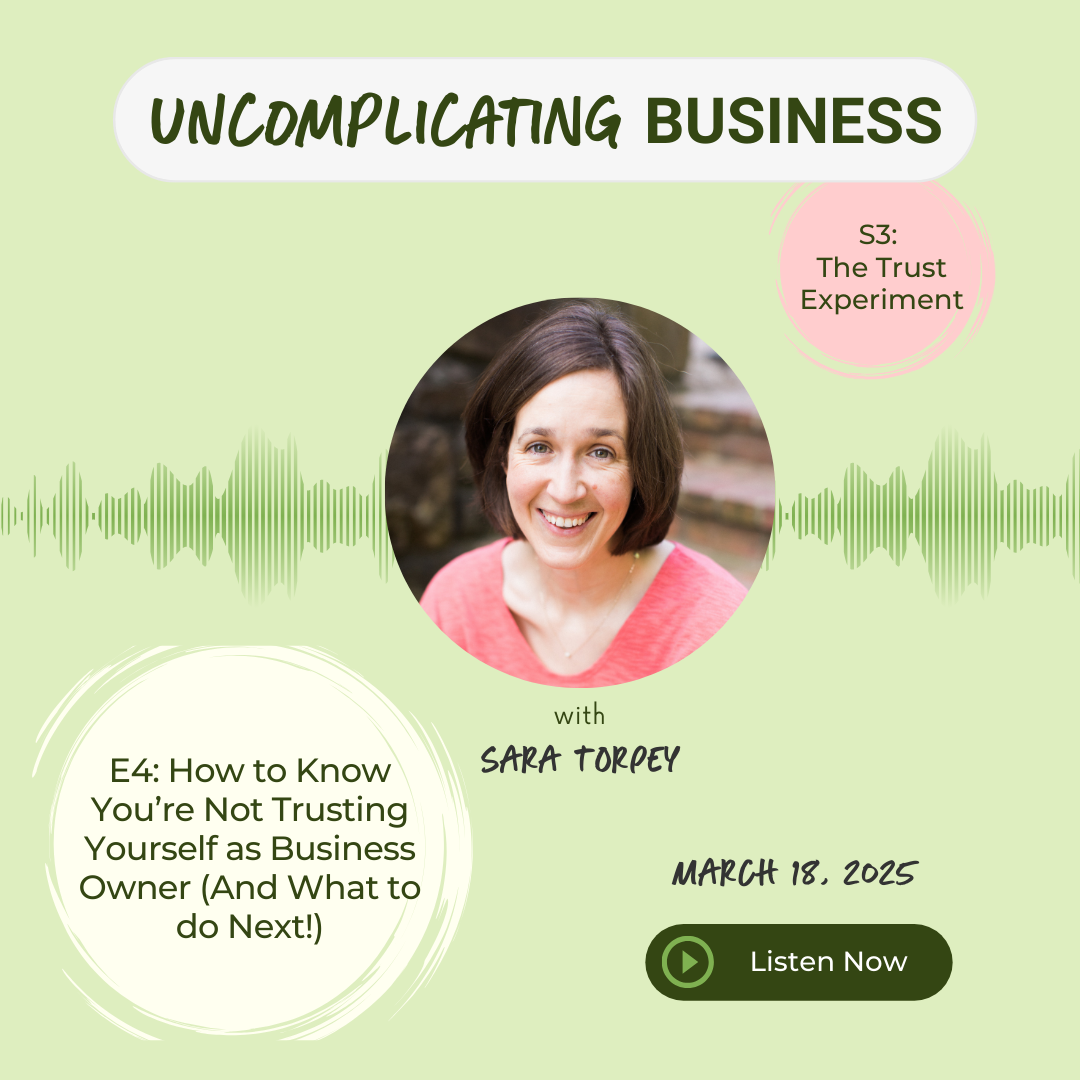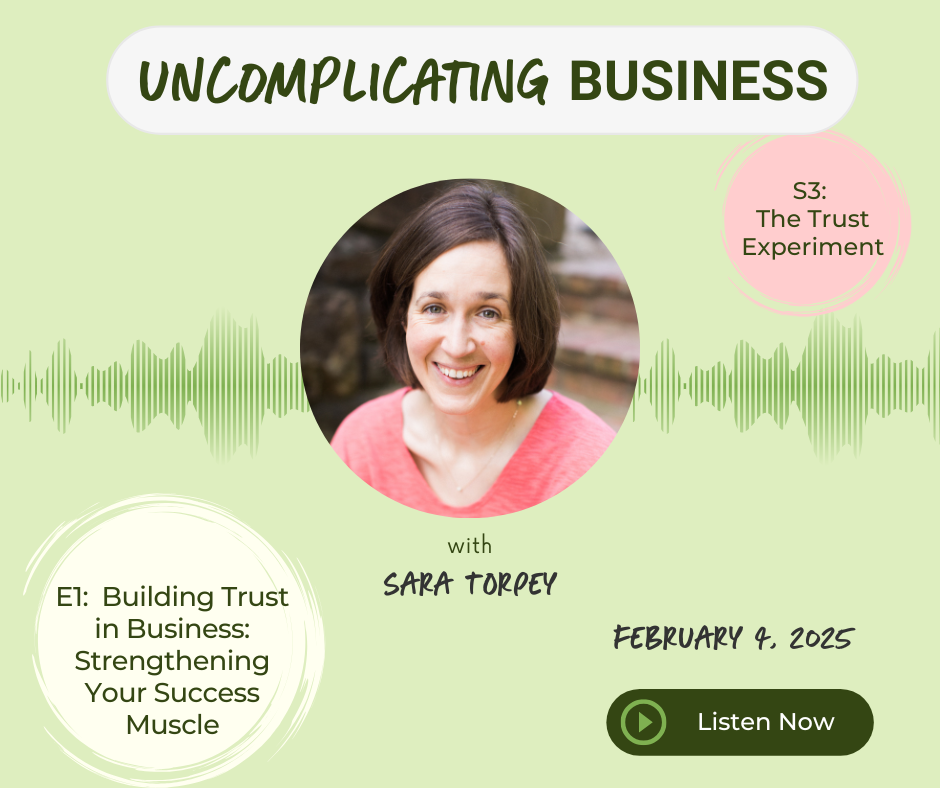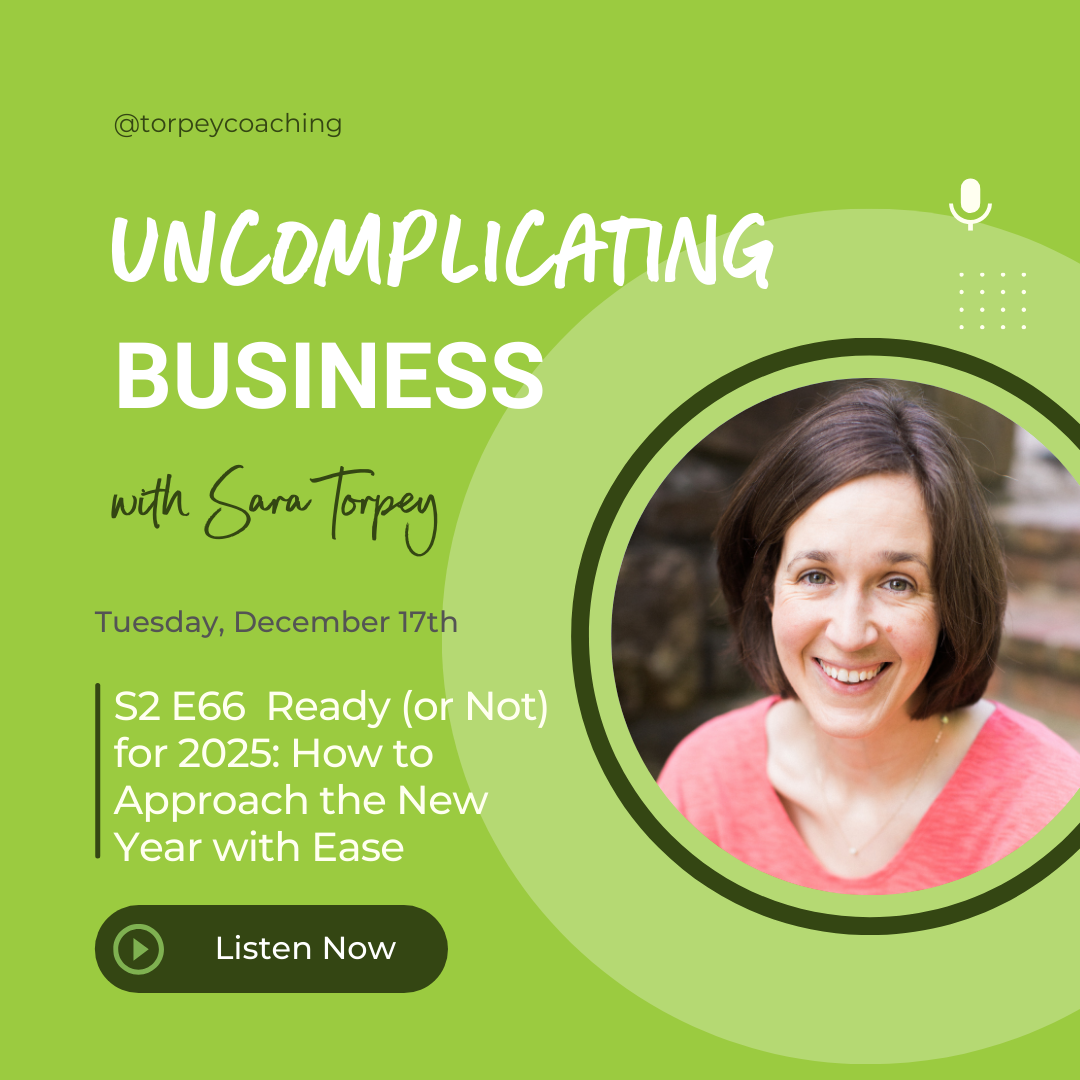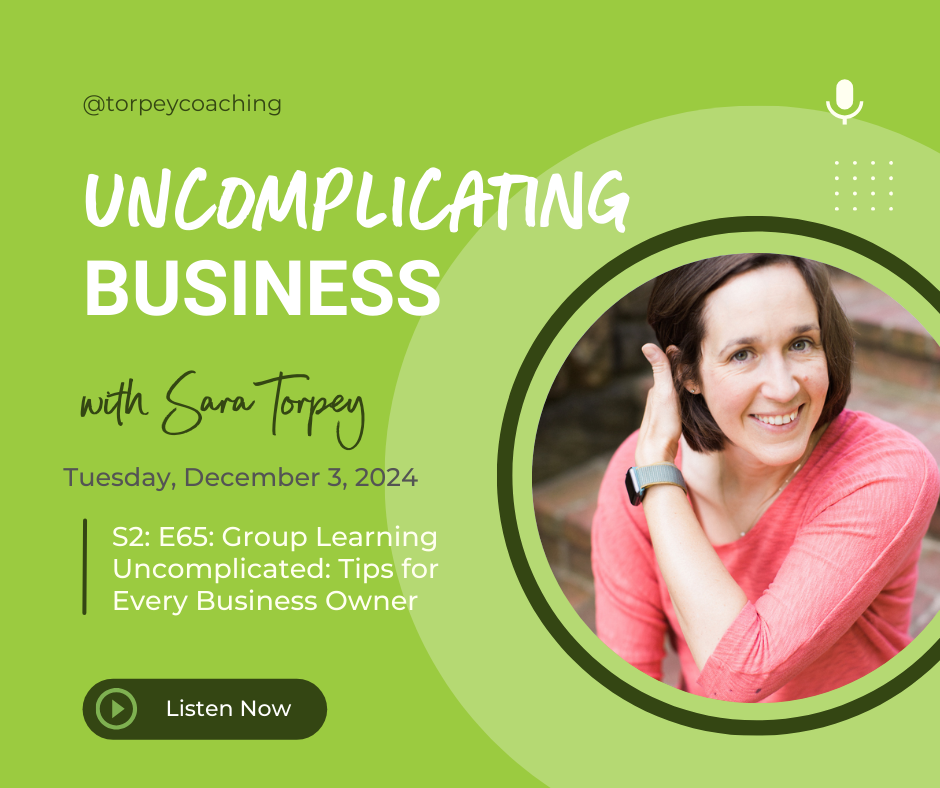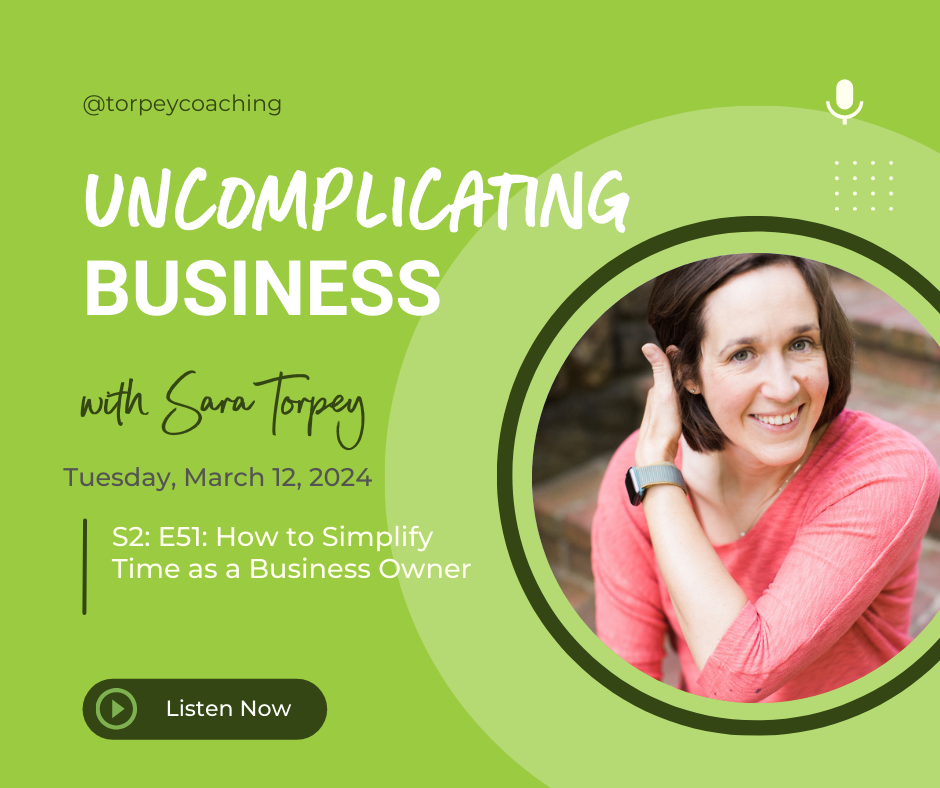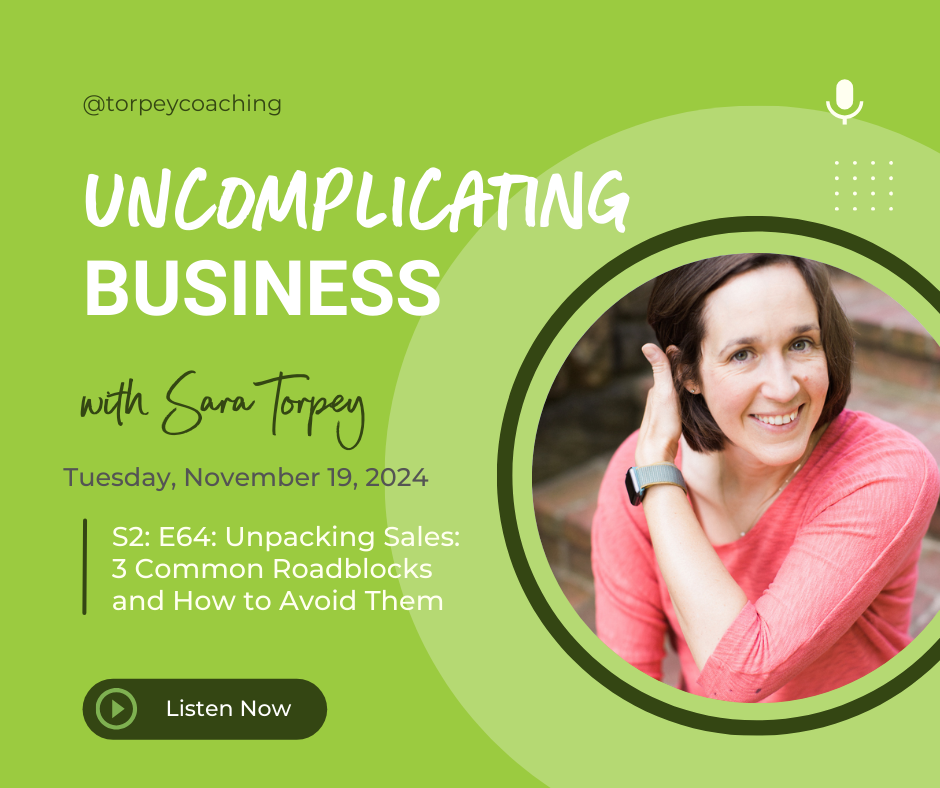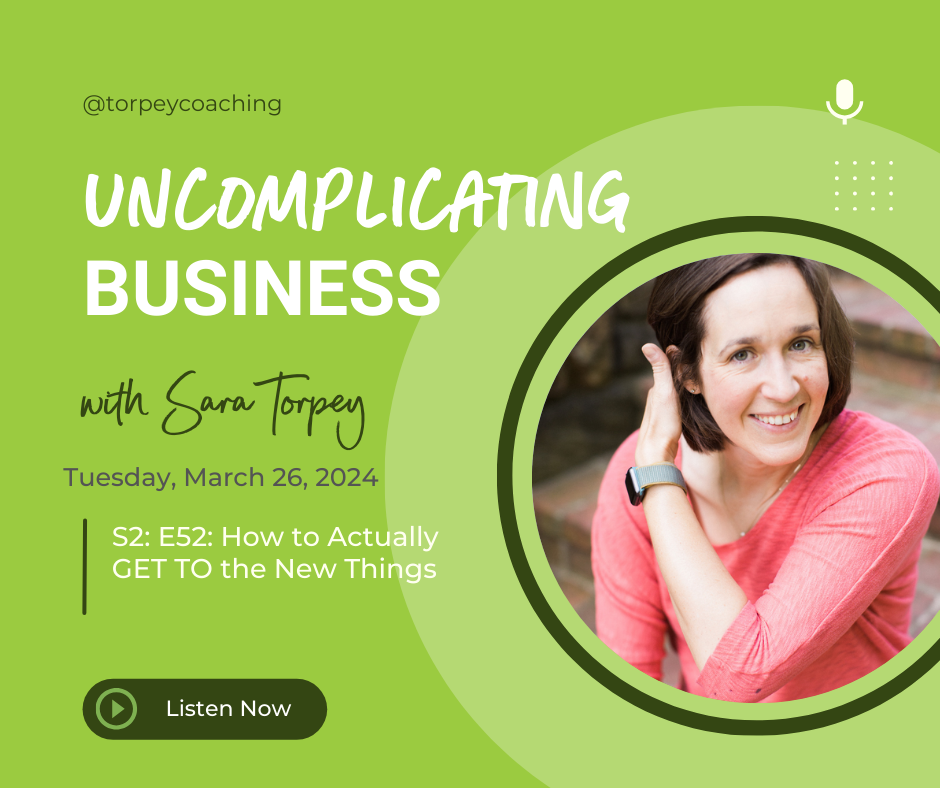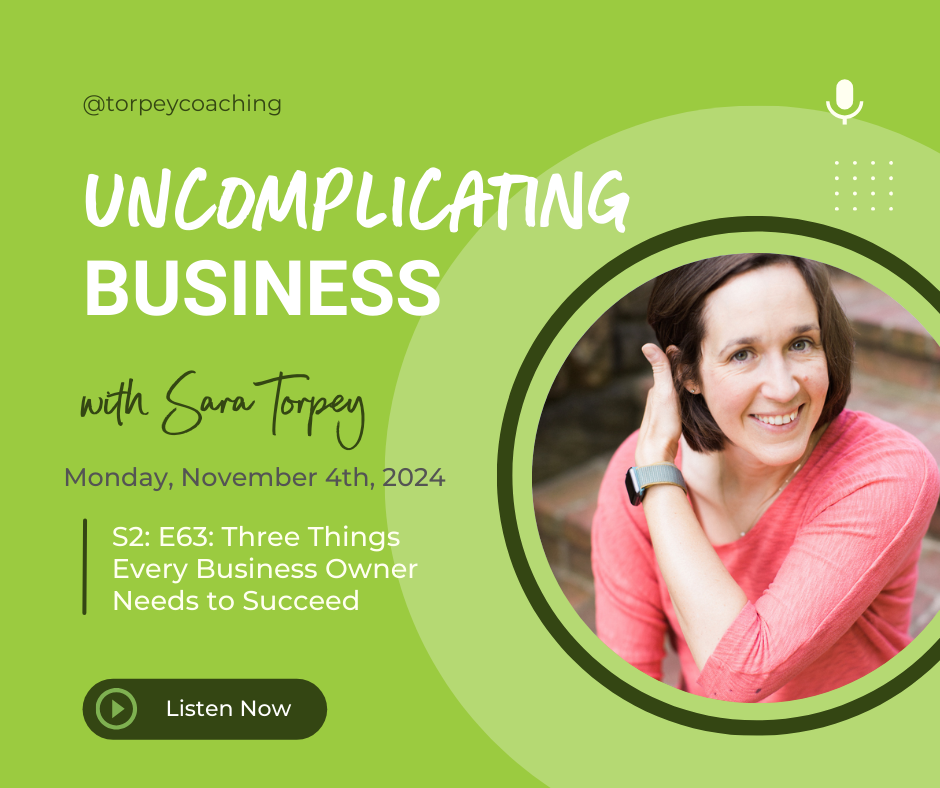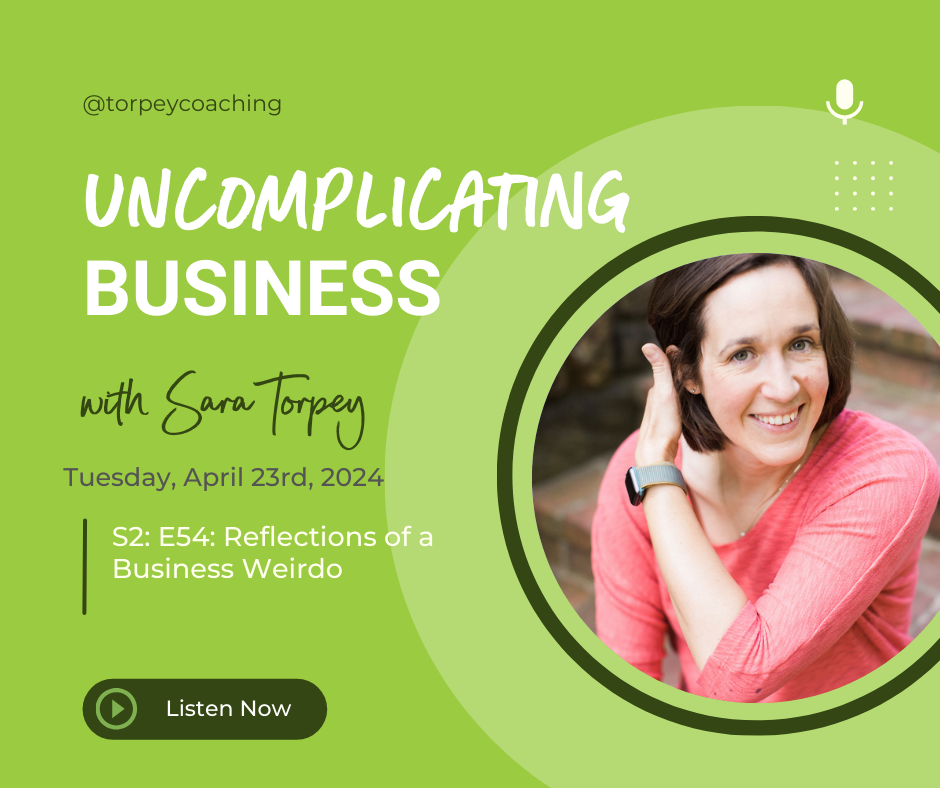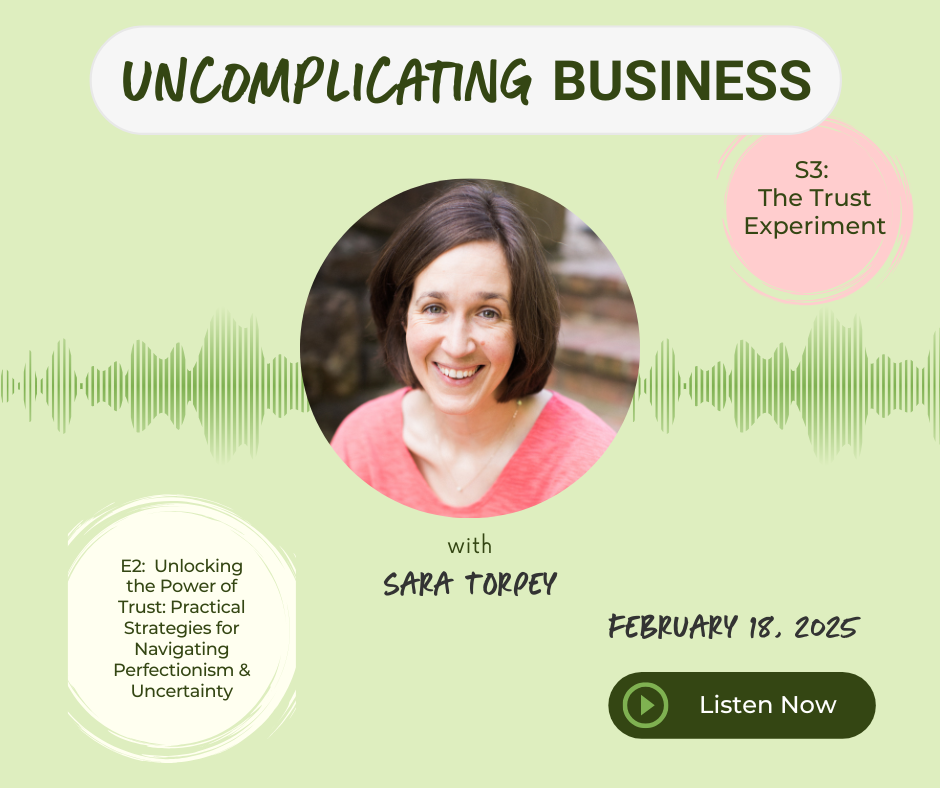Creating Tolerance for Risk: Practical Tools for Building Trust in Business
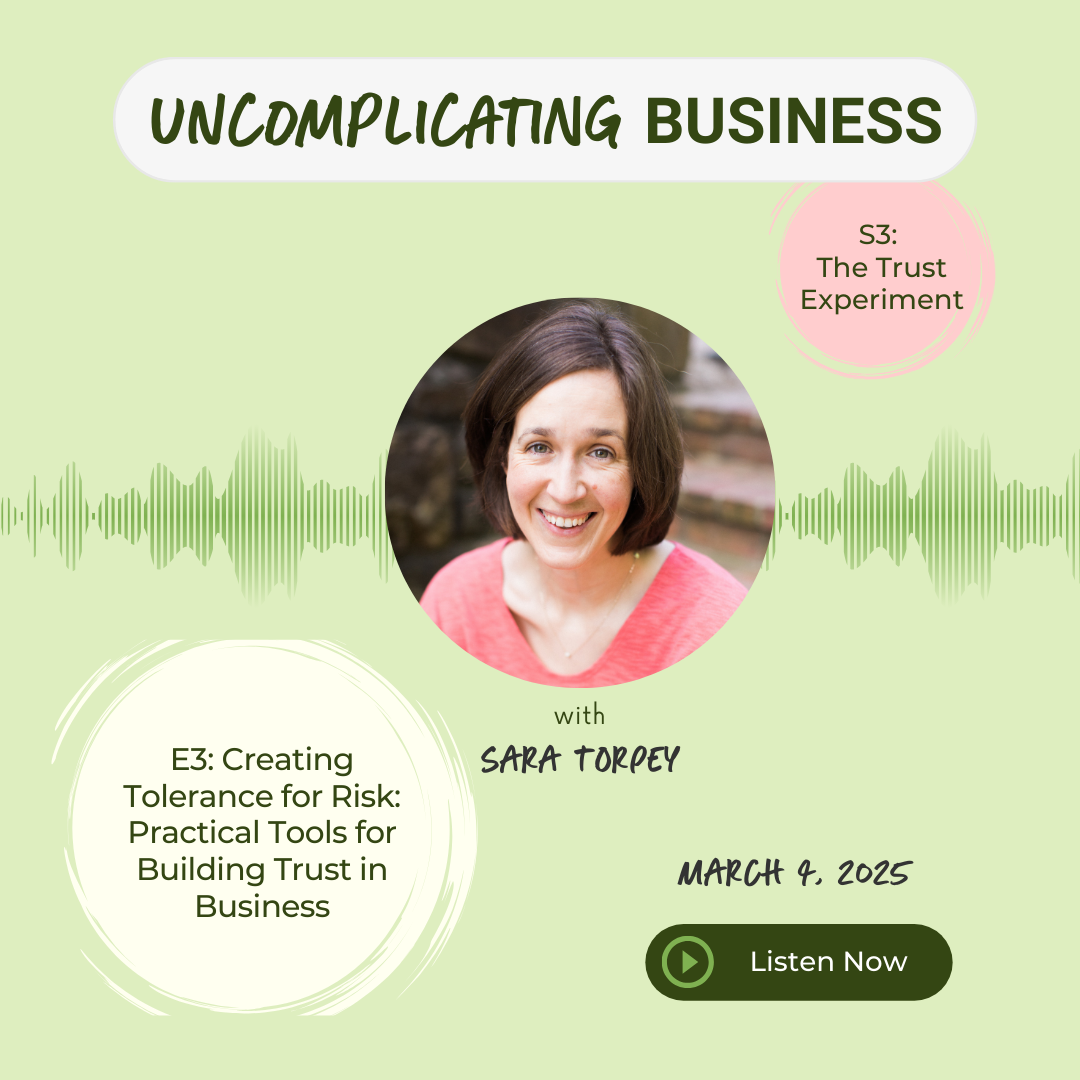
Creating Tolerance for Risk
Trust is the foundation of every successful business. In a world where uncertainty is constant, building trust is one of the most essential components for long-term business success. As business owners, we often face the challenge that is balancing the need for trust with the inevitable risks that come with entrepreneurship. In this episode, we jump into practical tools for building trust and discuss how developing a tolerance for risk can have a HUGE impact on your business success (for the better).
To listen to this content rather than read it, you can click play in the player above or listen on Apple Podcasts (or your favorite platform!)
Or watch on YouTube
here.
The Many Faces of Trust
Trust isn’t something that’s simply “on” or “off.” [I don’t know if this is a blessing or a curse, but it’s true either way!] Instead, the amount of trust we feel in ourselves fluctuates depending on the circumstances, our emotions, and external factors. We can imagine trust as a sliding scale or a dimmer switch; at its brightest, you might feel incredibly confident and empowered. But at its lowest? You might feel uncertain, doubtful, or even paralyzed. The truth is that trust isn’t today or ever going to be something we have or don’t have, instead, it’s a skill — and one that grows when we nurture it consistently.
The need for building this skill and tuning into trust is especially true when it comes to
business success. Your trust in yourself varies across different areas—your decision-making, your ability to manage time effectively, your confidence in your own self-worth, and even your relationship with money. All of these areas and the trust you feel (or don’t) in them impact your business decisions and ultimately determine whether you reach the level of success you really want.
Why Trust Matters in Business, Again ;)
Trust is not just about believing in others; it’s about believing in yourself and your ability to navigate the unknown.
Whether you’re launching a new project, writing a post, or making day to day business decisions, trust is the tool you lean on time and time again. It’s the tool that is the difference between stagnation and growth, between actually taking a risk and playing it safe out of fear. The ability to trust yourself and your process will unlock doors to new opportunities, creative ideas, and personal growth.
Risk-Taking: The Key to Building Trust
What you and I both know is that risk is inherent in any business venture – they’re built in, and it’s through taking risks that we build trust in ourselves and in our work. When we face the unknown, we often feel discomfort, anxiety, and self-doubt and yet it’s also essential to understand that discomfort is a natural part of the risk-taking process.
Trusting ourselves means we have confidence that we can manage whatever comes our way – NOT that we know exactly what the outcome will be. Just like when you strength train and gradually work your way up in weights to build muscle, trust in business is a muscle that becomes strengthened with practice over time. It's not about diving into the most challenging risks from the start; but rather about choosing to trust over and over which then expands your capacity for risk in small, manageable steps.
Managing Expectations and Redefining Success
A key part of building trust is managing your expectations. Often, we swing between two extremes—expecting the best-case scenario or the absolute worst. Logically, we know that the reality is that there’s a wide spectrum of possible outcomes instead of just two, but we focus on those two anyway. As we aim to build trust, it’s essential to recognize that not every decision will result in absolute success or failure (in fact, most won’t do either). Instead, a version of success can simply be the act of taking the risk itself. Writing that post, sending that email, or applying for a speaking gig are all examples of successes in their own right—whether they result in immediate, tangible outcomes or not.
My 10 year old son is a great example of this kind of all or nothing thinking as he oscillates between imagining himself as either a major league baseball player or never playing the sport again – without thinking about any of the other 1000s of outcomes that are in between the MLB and quitting. As it is in life, it’s also true that in business the outcome of taking a risk is rarely black and white.
There’s a middle ground where things aren’t perfect but still lead to growth. Managing these expectations helps shift your mindset and allows you to embrace the process, regardless of the outcome.
Normalizing Uncertainty
Taking risks inevitably leads to feelings of uncertainty. It’s natural to feel anxious or unsure when you push send on an important email or share a vulnerable part of your business with the world. And because it’s natural to feel this way in entrepreneurship on a regular basis, it’s essential to normalize uncertainty. In fact, uncertainty (and the fact that you’re feeling it) is a defining characteristic of any risk-taking endeavor. Really, if something was certain, it wouldn’t be a risk.
Acknowledging that uncertainty is a part of the process allows you to move forward despite feeling uncomfortable. It’s about realizing that these feelings are normal and don’t need to stop you from taking action. You might feel uncertain before pushing “post” on social media, but that’s part of the journey—and it doesn’t mean you’re not capable. The key is to keep going, even when you’re unsure.
Building a Tolerance for Risk and Trust
Developing a tolerance for risk is about taking small steps and being kind to yourself as you go. It’s not about perfection or having all the answers—it’s about creating a practice around taking risks. One effective way to practice this is by setting small, achievable goals that push you slightly out of your comfort zone. Over time, these little risks build up your trust muscle, making it easier to take bigger risks as your business grows.
If you’re practicing trust and risk taking, here are some great questions that can help you strengthen your skills in the areas we’re talking about today:
Where do I already trust myself, and how does that feel?
- Think about a time when you felt fully confident and in control. What does that feel like? How can you bring that feeling into new areas of your business?
If I believe that experts can also be uncertain, how does this apply to me?
- Experts in any field know that they don’t have all the answers. How would it look and feel to allow that uncertainty is a part of growth and trust yourself to handle it?
What are things that I can do to help me normalize feeling uncertain or not trusting myself?
- Identify the things you do when you feel like you’re not trusting yourself. Are you indecisive? Do you start many projects without finishing them? Recognize these signs and refocus on your ability to trust yourself.
Conclusion: Trust Is a Choice
Ultimately, trust is a choice that you make daily – maybe even from one minute to the next. It’s about deciding to trust the process and deciding to trust yourself, even in moments of uncertainty. The more you practice this decision, the more resilient and confident you’ll become. Trust isn’t an all-or-nothing concept. It’s a sliding scale, and you can choose to trust yourself more with each decision you make.
If you're finding this blog to be useful, there's more to the conversation happening all of the time in the
UNComplicating Business for Teachers, Helpers, and Givers community on Facebook. Come join us!
